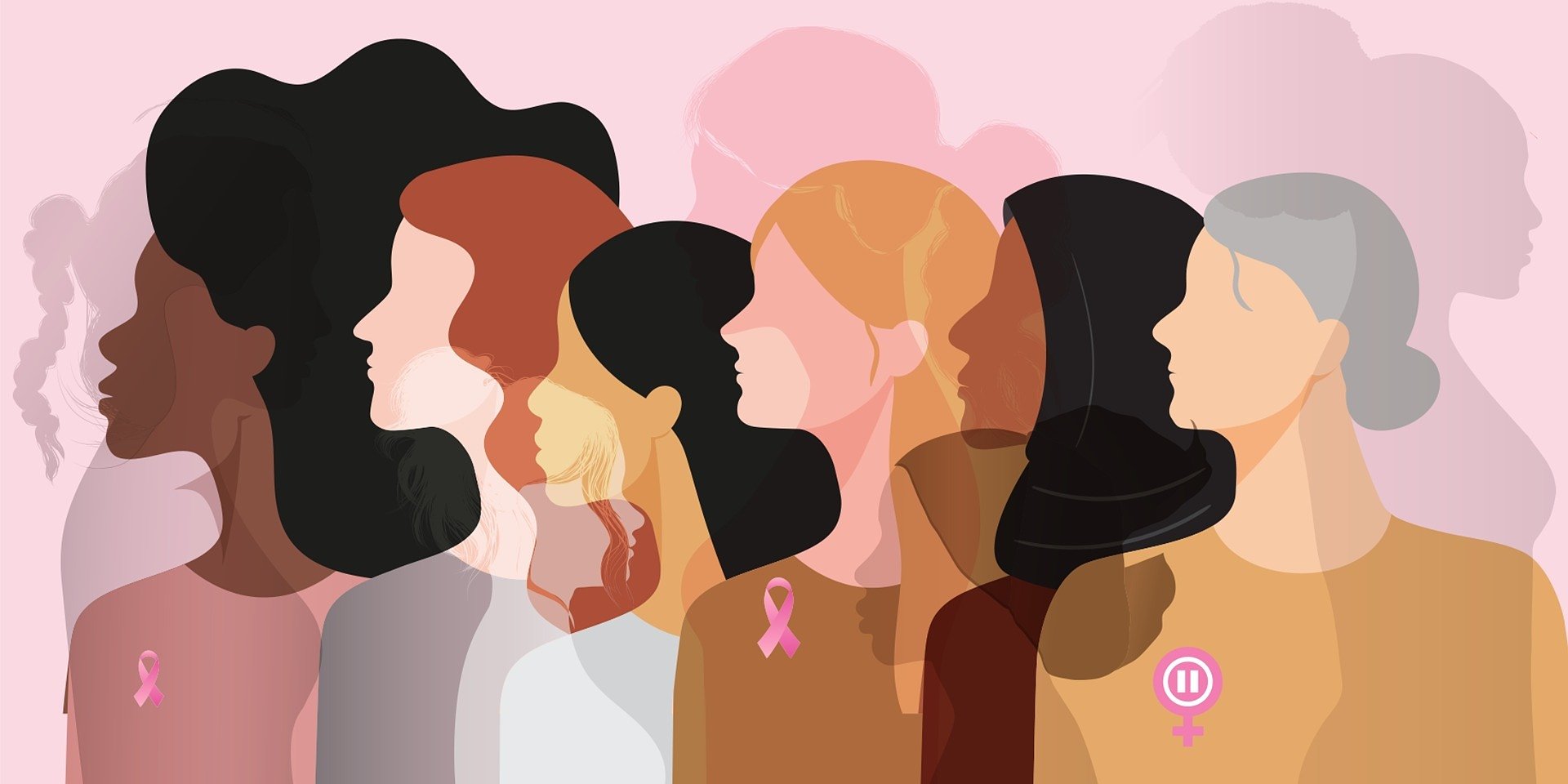SENTIA is for sure my number one choice when it comes to alternative drinking. Great taste on its own, on ice or as a mixer. I love being creative with it and sharing with friends. The buzz is awesome too.
Lola
I am AMAZED with how SENTIA made me feel. A few glasses brought that joyous "buzzed" feeling, like alcohol—but no brownouts, no headaches. Felt confident and sociable. This stuff is the future. Can’t wait for new flavors.
Kevin
We bought the small bottle, unsure it would deliver. Pleasantly surprised—on ice with a mixer it was satisfying. After two I felt a bit of a buzz! It’s now on my Christmas list.
Jill
I gave up alcohol over a year ago. Tried SENTIA with low expectations, but I’m truly surprised! Slightly unusual taste but works well with alcohol-free fizz. After a couple glasses I feel relaxed and chilled. Total game changer!
Amanda
As a 40-something home-working parent, a clinking glass of something refreshingly bitter marks the end of my day. I’ve tried a bunch of 0% gin substitutes, and they always just make me want a real drink; SENTIA is satisfying on its own terms. I’m a total convert.
Lucy
As autistics, this stuff has been game changing for me and my wife. We've tried herbal products before, but nothing comes close to SENTIA.
Samuel
Very good, felt relaxed, no hangover. Perfect
Jonny
SENTIA is a game changer!!!! I avoid alcohol due to hangovers. This is the only alternative I know that actually works—you feel like you’ve had a couple. And it’s delicious!!!
Jeanette
Having cut alcohol completely, this drink is a total game changer! Amazing for social drinking with friends.
Hannah
I love it. 10 out of 5 stars.
Bernie
At a 40th party, I had two glasses of SENTIA with ginger beer. Felt lively and a bit drunk like everyone else. Wore off cleanly. Felt like I was drinking too. Would recommend for a buzz without alcohol.
Craig
Wanted something to replace my evening G&T. This hits the spot—I love the taste, feel more relaxed, no longer crave alcohol, and I sleep better with fewer calories.
Michael
I drink it neat—spicy with a little throat burn. Great social lubricant without the toxins!
Juls
I had to stop drinking and wasn’t expecting SENTIA to work. GABA Black with cola tastes like rum and coke and delivers a merry buzz. I’ve recommended it and just ordered another bottle.
Ashleigh
I crave alcohol, sugar and dopamine hits. I’ve struggled to find a substitute—until tonight! Two long drinks with lemonade and I’m relaxed and sleepy. Don’t want anything else!
Donna
GABA Red, ice, and a quality tonic—perfect for winding down after work, with just the right spiciness.
Axel
Early in sobriety I tried alcohol-free alternatives—they were unpalatable. Then I found SENTIA. Now I look forward to winding down without hangover anxiety. Three and a half years sober and SENTIA’s been a good friend.
Tiffany






